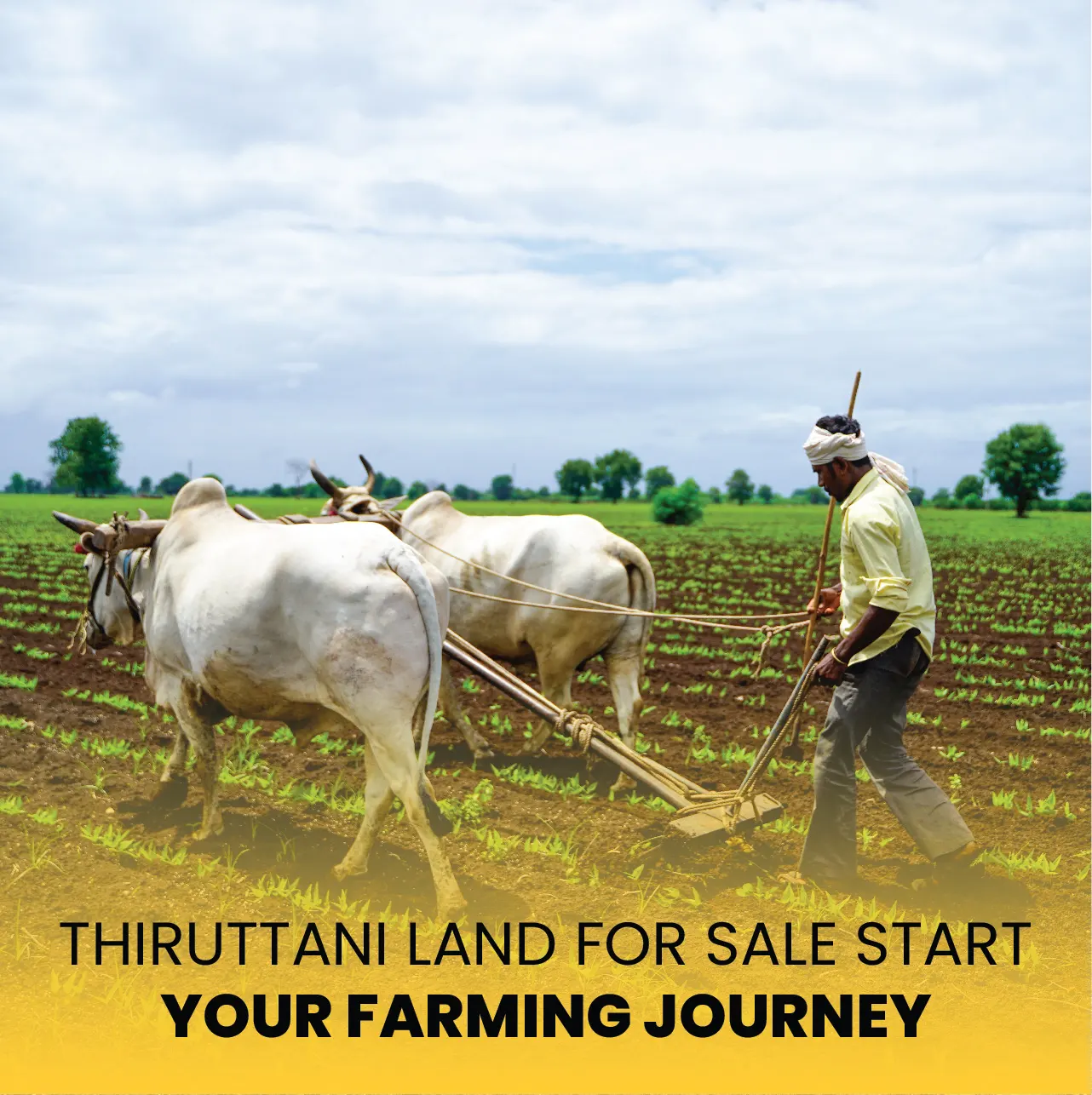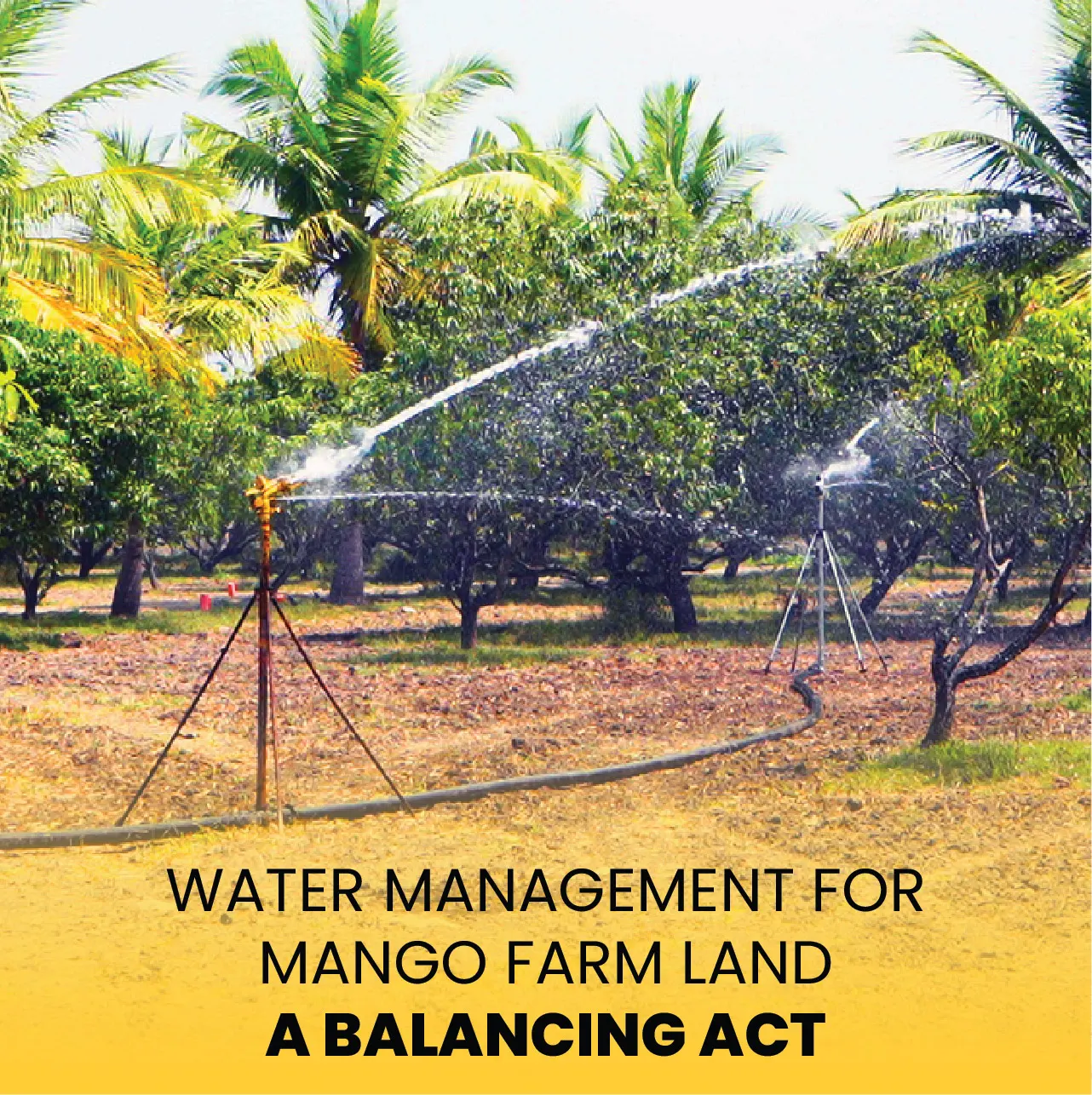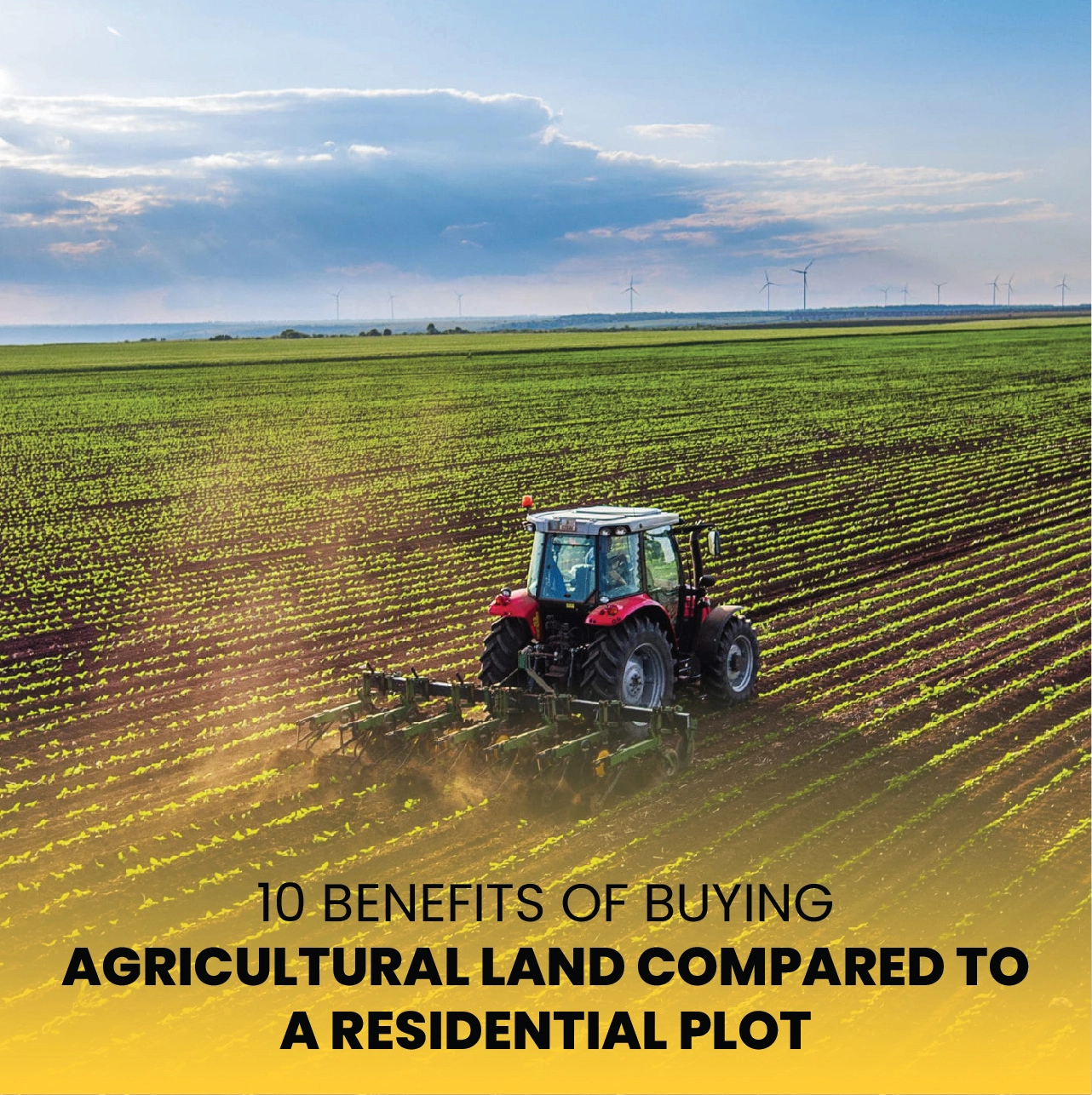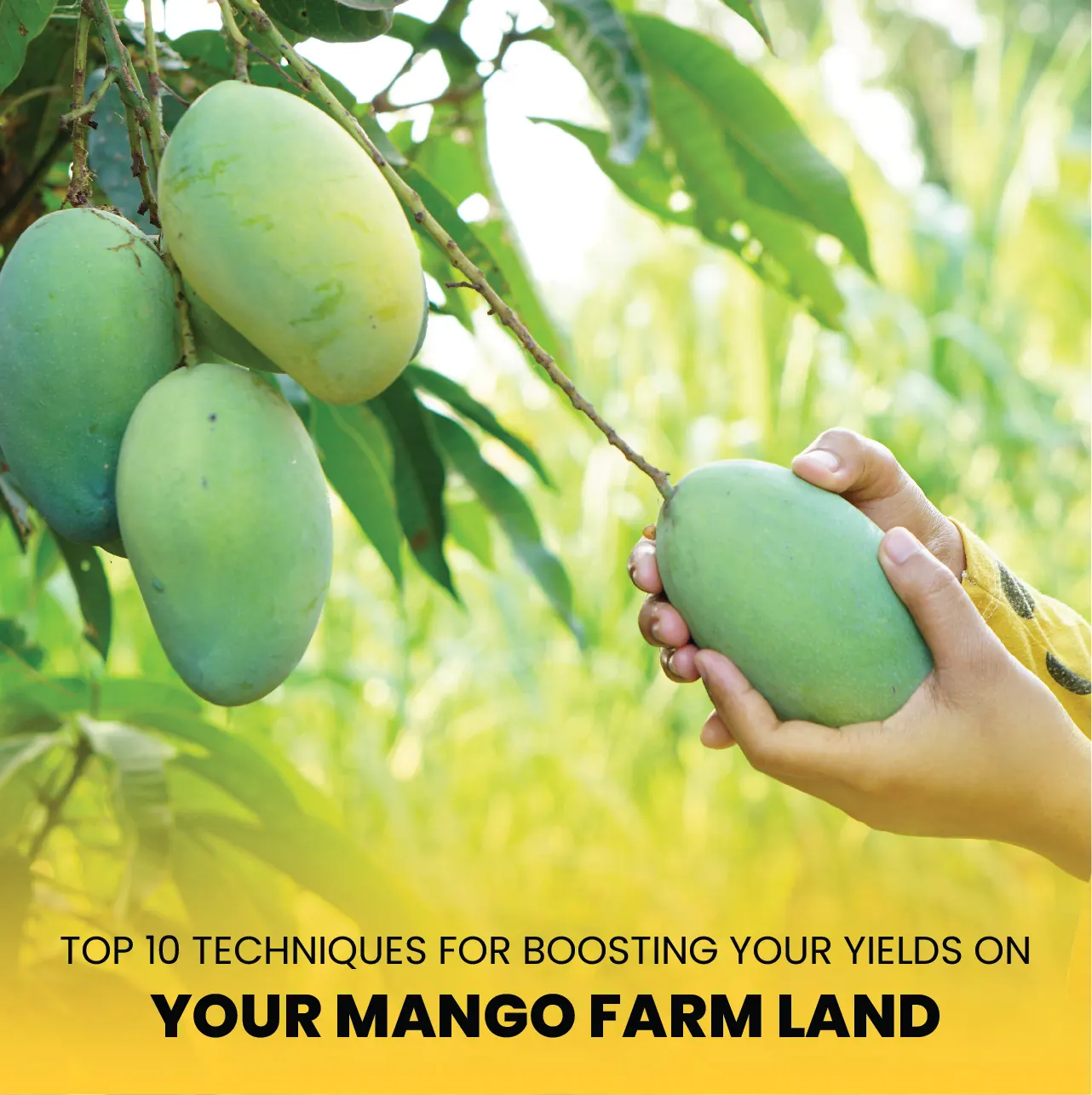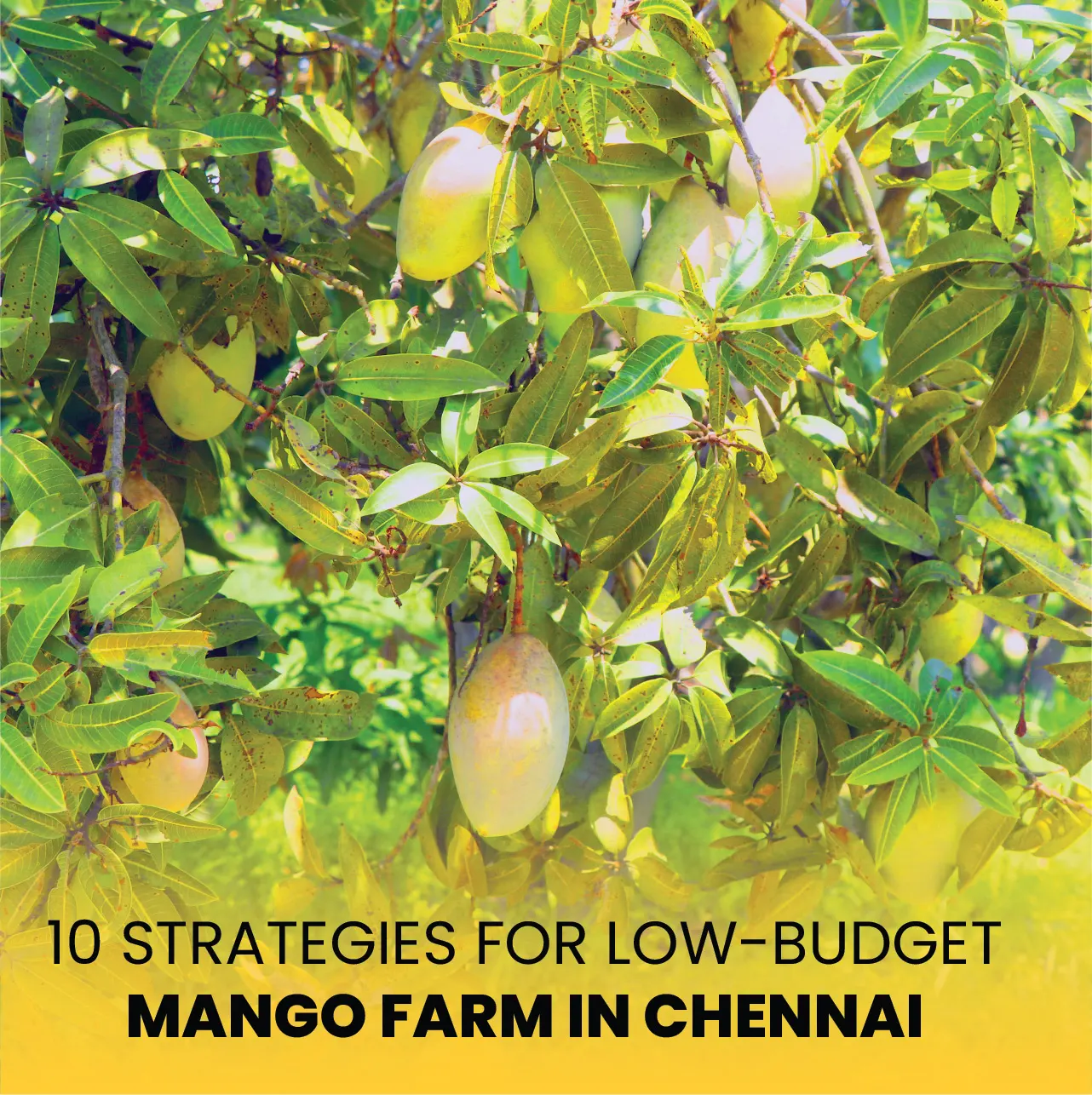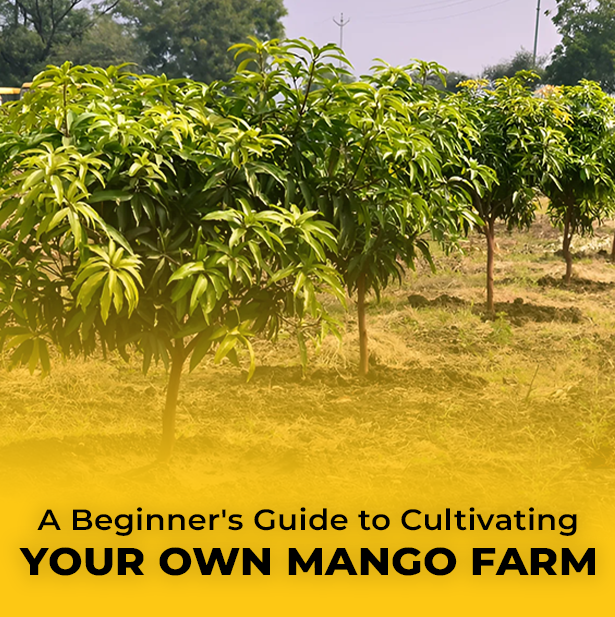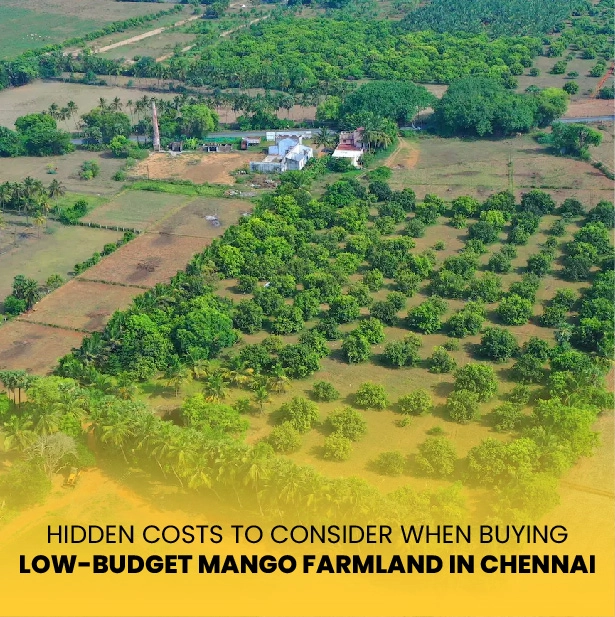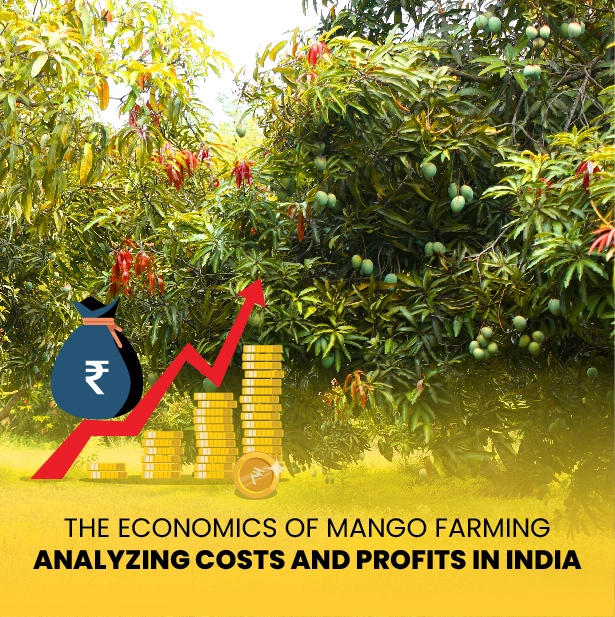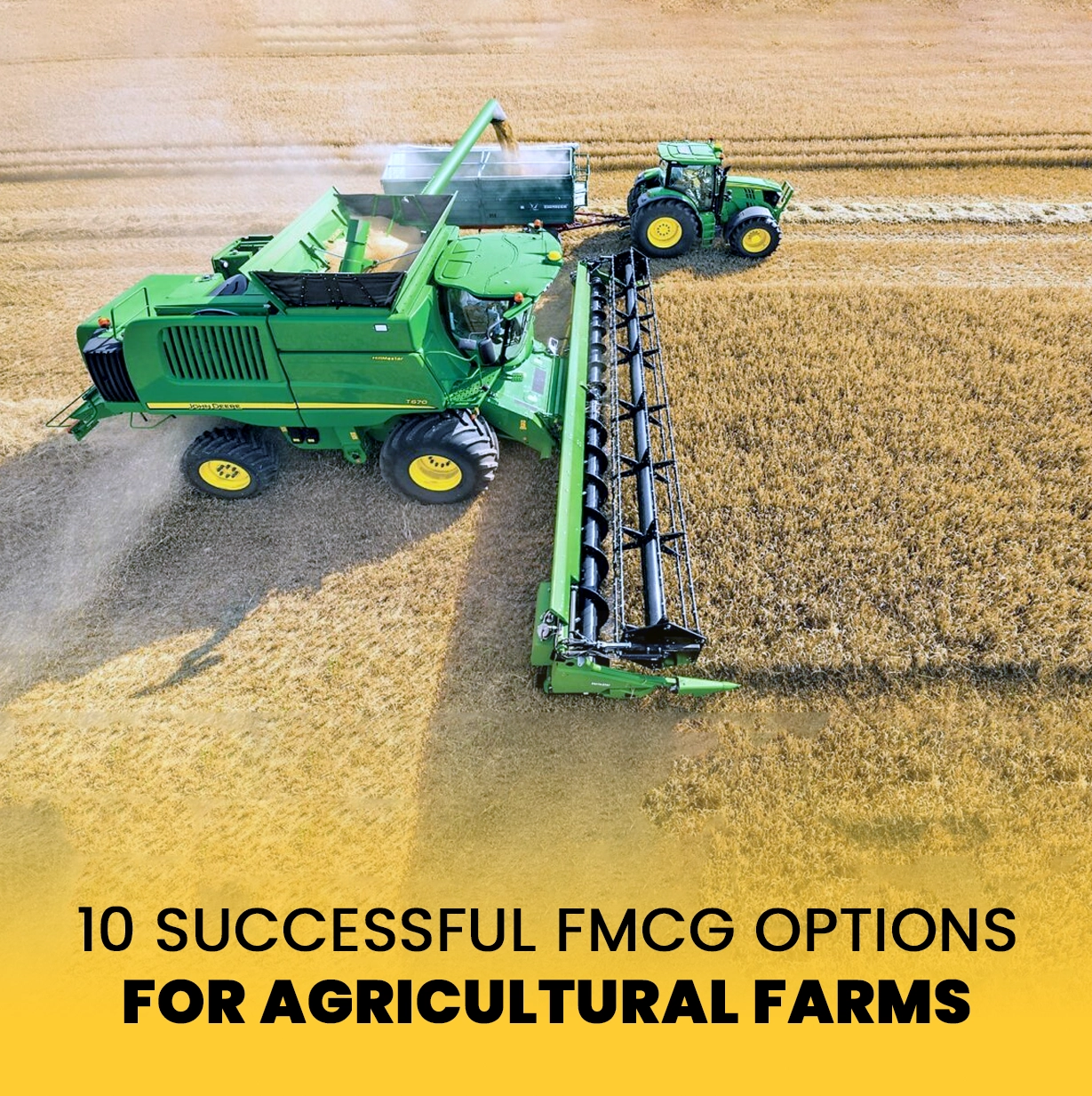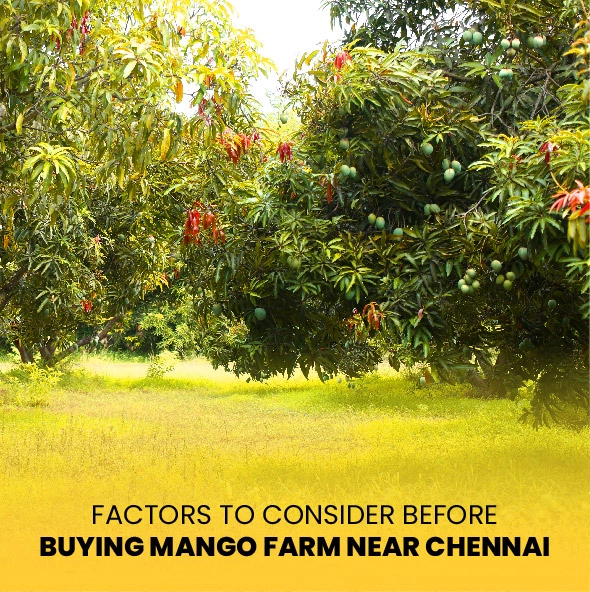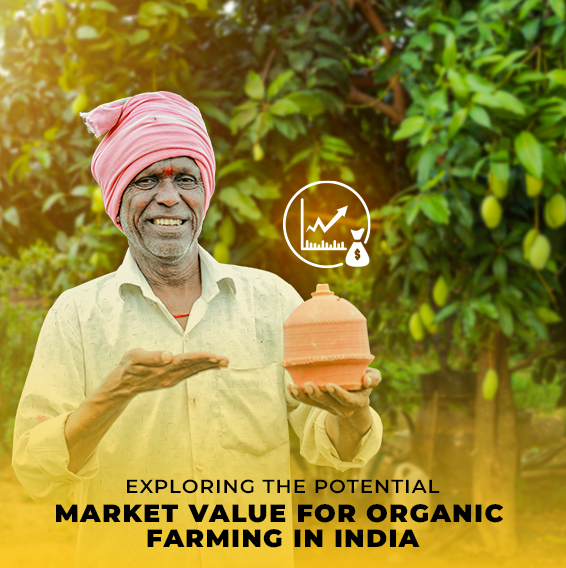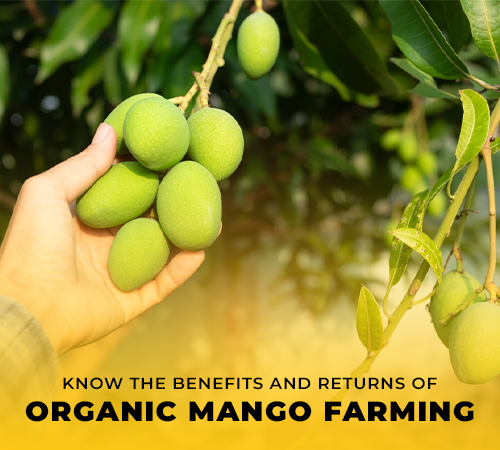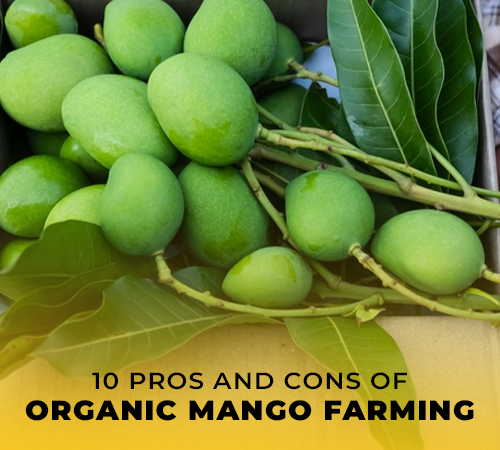Starting a mango farmland presents a special and interesting prospect where the gratification of tending to agricultural development meets the possibility for significant financial success. Starting this agricultural project, meanwhile, is not without difficulty. It requires careful preparation, wise financial decisions, and thorough knowledge of the elements influencing a good mango farming business. Every stage, from choosing the correct site and getting the ground ready to making irrigation system investments and labor management, calls for both financial commitment and careful thought. This extensive guide will go over the key investments and techniques required to create a successful mango farm, thereby ensuring that you are ready to realize both lucrative returns and agricultural success.

Initial Cost: Finding the correct piece of mango farmland is the most important and significant outlay required in beginning a mango plantation. Several important elements affect this first outlay: the location of the property, the quality of the soil, and its closeness to dependable water supplies. Mangoes are quite susceptible to waterlogging and poor drainage; hence, the ground needs to be well-drained if they are to grow.
Perfect soil conditions consist in a sandy-loam texture with sufficient aeration, which stimulates good root development and helps to avoid root rot. Considering temperature and climate needs, the site should also be in an area fit for growing mangoes. Maintaining these conditions would help mango trees to flourish and produce a good crop.
Considerations:
Proximity to markets for selling mangoes.
Accessibility to water sources for irrigation.
Soil fertility and drainage capacity.
Initial Cost: Investing in thorough soil testing and preparation guarantees the best mango farming conditions and helps one decide whether to plant mango trees. First, doing thorough soil testing to examine the pH levels, nutritional content, and drainage capacity of the soil helps to determine this process's numerous crucial phases. While nutrient concentration influences the need for further fertilization, soil pH is absolutely important for nutrient availability. Preventing waterlogging and thereby damaging mango roots depends on drainage capacity.
These test findings could indicate that you should apply particular soil amendments to raise the condition of the land. For example, adding organic matter to compost improves soil fertility and structure; lime can change soil pH should it be excessively acidic. Good soil preparation lays a strong basis for mango trees, encouraging robust root development, good growth, and finally a more abundant crop.
Considerations:
Conduct soil tests to determine necessary amendments.
Clear trash, pebbles, and weeds to ready the ground.
Implement soil conservation practices to maintain soil health.
Initial Cost: Since mango trees have particular water requirements throughout their growth, their healthy and successful development depends on an effective irrigation system. The size of your farm and the particular water needs of your mango trees will mostly determine the kind of irrigation system you decide upon. Since drip irrigation minimizes water waste and guarantees stable moisture levels by delivering water straight to each tree, it is usually perfect for smaller to medium-sized farms. This approach is quite effective and enables exact water management necessary for the best development of mango trees. Combining drip irrigation and sprinkler systems could be required on bigger mango farms or in places with different water needs. Particularly in dry seasons, sprinkler systems are helpful for extra watering and can cover larger areas.
Further increasing the efficiency and efficacy of your irrigation efforts is investing in an advanced irrigation control system, which can help automate watering schedules, monitor soil moisture levels, and maximize water use. Appropriately designed and carried out irrigation systems help not only to promote good tree development but also improve fruit quality and production.
Considerations:
Choose a system that fits your land’s layout and water availability.
Regular maintenance to prevent system failures.
Water management practices to conserve water.
Initial Cost: Establishing a good mango farmland depends critically on investing in top-notch mango seeds. Ensuring robust tree development and excellent fruit output depends on choosing the correct kinds fit for your particular soil conditions and temperature. Though their taste, texture, and market appeal are well-known, popular mango types, including Alphonso, Kesar, and Chaunsa, are only suitable depending on local growing conditions. The amount of saplings needed, the selected variety, and the buying source will all affect the initial outlay.
High-quality saplings from reputed nurseries are more likely to grow into healthy, productive trees; hence, it's crucial to consider both the cost of the saplings and the advantages of selecting kinds that are well-adapted to the conditions of your farm. Along with affecting the initial setup expenses, this investment affects the profitability and output of your farm over time.
Considerations:
Purchase saplings from reputable nurseries to ensure quality.
Plan for spacing between trees to accommodate their mature size.
Initial Cost: Mango trees maximize fruit output and encourage their healthy development by constant, focused feeding. Maintaining the vitality of your trees depends on your making investments in premium fertilizers and insect control strategies. While pest control guards against dangerous insects and diseases, fertilizers offer required nutrients. Selecting fertilizers especially designed for mango trees can help to satisfy their particular dietary requirements at different phases of development. Furthermore, putting good pest control policies into use helps stop infestations that may otherwise ruin your crop. Though their initial cost may be higher, organic fertilizers and alternatives for pest management have major long-term advantages for environmental sustainability and soil condition.
Organic products can increase the general quality of your mango produce, lower chemical residues, and improve soil structure and fertility. Investing in these natural remedies not only helps your mango trees' immediate health but also, over time, promotes a more sustainable and profitable farming method.
Considerations:
Develop a fertilization schedule based on soil test results.
Use integrated pest management (IPM) to control pests sustainably.
Starting a mango farmland calls for careful design and a large financial outlay, but the benefits can be really great. You create the conditions for a profitable and successful mango farm by carefully choosing the appropriate area, getting the ground ready, establishing effective irrigation systems, and funding premium saplings and fertilizers. Every one of these expenditures is really vital for the long-term viability of your farming business, as it guarantees that your mango trees develop healthily, provide plenty of fruit, and finally give you a strong return on investment. Your mango farm may flourish with the correct strategy, meticulous attention to detail, and dedication to sustainable techniques, therefore providing agricultural fulfillment as well as financial benefits for years to come.
